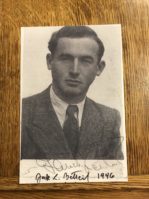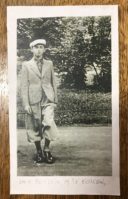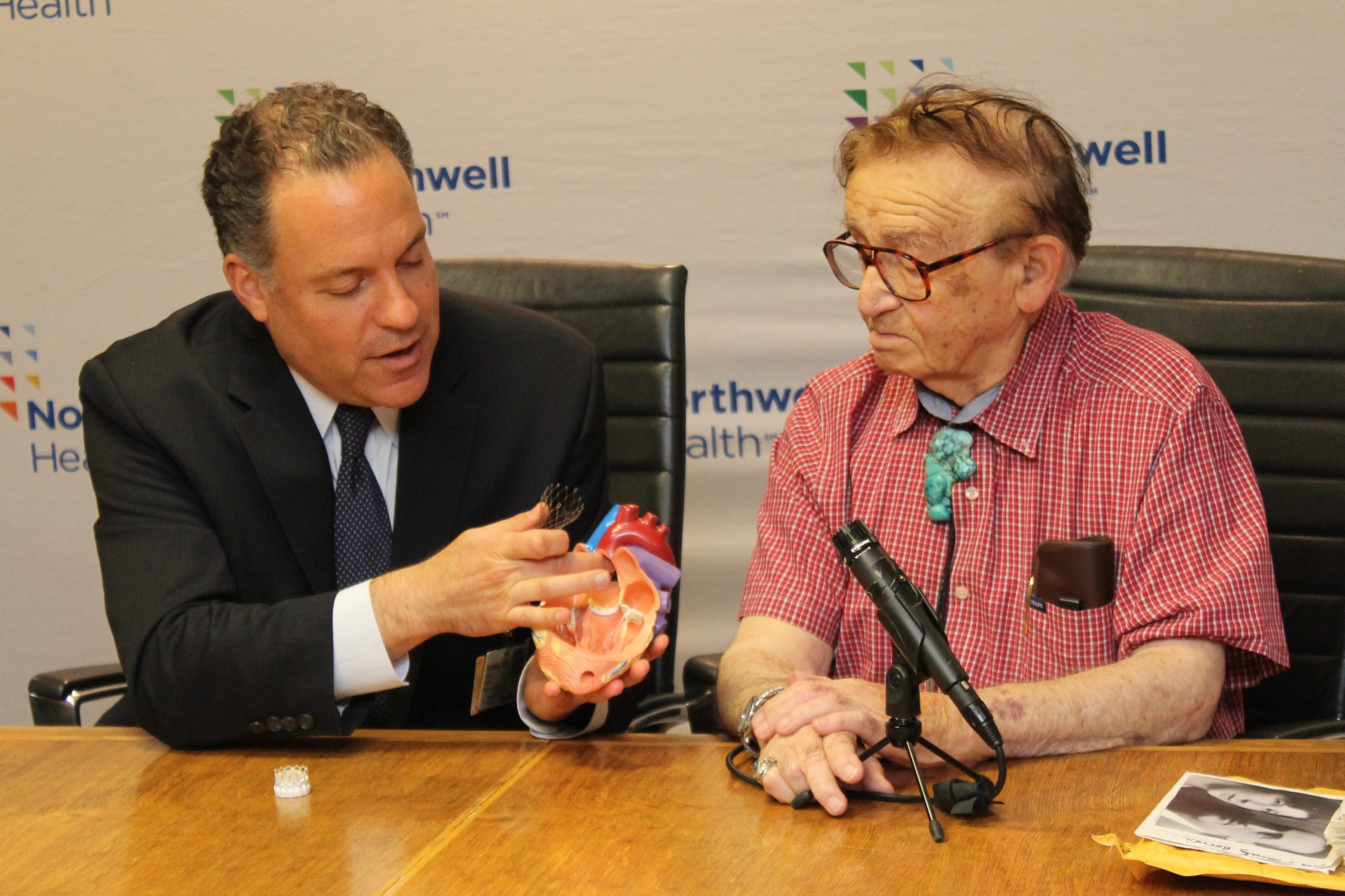Jack Betteil’s life has been saved twice — once at the end of World War II in 1945 and once three months ago at North Shore University Hospital.

The Holocaust survivor returned to the Manhasset hospital with his son Matthew to thank Dr. Bruce Rutkin on Thursday for a heart procedure for his aortic stenosis — a condition where the aortic valve becomes calcified with age and makes breathing nearly impossible, Rutkin said.
“You’re a magician,” Betteil said of Rutkin. “You’re more than a magician — you’re a lifesaver, and I think the whole world should know it.
Last November, Betteil said he could barely climb the stairs in his two-story Bayside home without becoming winded and was diagnosed with aortic stenosis after a few visits at North Shore University Hospital.
Given his age, open-heart surgery was not a viable option, Rutkin said, and a transcatheter aortic valve replacement procedure, also known as TAVR, was performed in April, replacing the narrowed valve without opening Betteil’s chest.
“I couldn’t even make the stairs one flight up,” Betteil said. “It was very difficult for me.”

Rutkin said a normal artery is in the range of 2 to 4 centimeters. Symptoms of aortic stenosis range from shortness of breath and fatigue to chest pain and heart palpitations.
Born in Krakow, Poland, in 1923, Betteil survived six concentration camps before his release on May 5, 1945. During that time, he learned of the murder of his grandparents and his little sister.
“Growing up with my father was an incredible experience,” Matthew said. “At 16, he was taken away from his parents and put in a concentration camp by the Nazis and became an orphan at once. Being his son, it was difficult to complain about anything to him because he’d say, ‘You had food today. You have your parents. You have your home.’ He really taught me what was important in life.”
During a news conference, Jack told stories of his time in the concentration camps, explaining the horrors and experiences, including a night when he dumped the latrine bucket through a window onto the Nazi guards’ heads during a blackout.
Weighing about 70 pounds at the time of liberation, Jack found his way to Italy for two years before moving to the United States and becoming a television repairman, donating dozens of reclaimed televisions to the children’s ward at Creedmoor Hospital in Queens.
Now 95, Betteil said he is looking forward to his 100th birthday, where his barber has promised him a free haircut. Betteil said he is determined to keep that appointment.
“I want to live to be 100 to get that haircut,” Betteil said.
Reach reporter Amelia Camurati by email at acamurati@theislandnow.com, by phone at 516-307-1045, ext. 215, or follow her on Twitter @acamurati.



